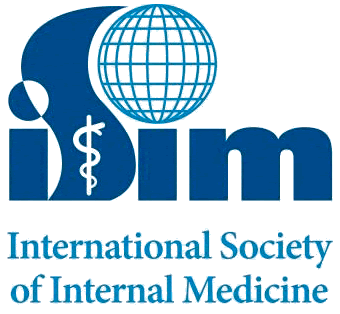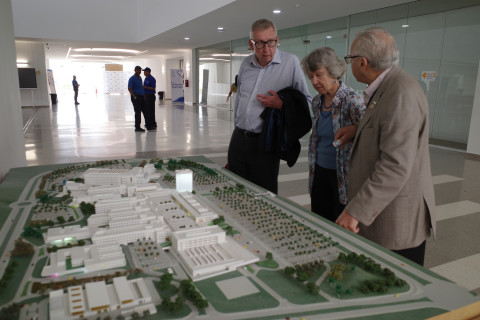Post-Graduate Courses were held in Guatemala (29 August 2024) and Panama (31 August 2024). The formats of both courses were very similar; “half-day” (approx. 5 ½ hrs) with speakers from ISIM (VH, LD, CA and JK) and the local Society. The courses were well organized . The desirability of an ISIM Executive member to liaise with the local society was highlighted. In Guatemala, the ISIM logo was repeated shown , along with that of the local society, during breaks and change-over of speakers. The ISIM “flag” was displayed at the entrance to the room. (These for future courses.) The course programmes were developed by the local societies with potential topics submitted by ISIM members. Even so there was some misunderstanding (in Guatemala) wrt to “Case Presentations”. It was not clear to the speakers that they were expected to provide separate clinical cases for discussion, over and above the cases used in the formal presentations. Nevertheless, this allowed for additional questions, and to catch up time due to a late start (Guatemala) and over-runs of some of the talks. In Panama, residents presented cases. At intervals the audience “voted” on aspects of management of the case and then the presenters (JK and VH) commented. (This worked well and is a format that should be considered for future courses.) In Guatemala, the venue (a conference center) was good with very good IT and support. Most of the talks were in Spanish with simultaneous translation for the talks delivered in English; the translators were excellent. There were 66 attendees in-person with a further 55 (from Guatemala and Honduras) attending virtually. A substantial proportion of the audience were trainees. In Panama, the course immediately followed the annual scientific meeting of the Society. It took place in a state-of-the-art auditorium in a new health center (City of Health). The IT was excellent and enhanced the presentations. (For future courses the preferred venue should be auditoria in hospitals or universities, if available. Also the provision of Spanish to English translation should be considered. ) While 160 persons registered, 60 attended. In an arrangement with the editors, access to the electronic version of the McMaster Textbook of Medicine was made available to all participants; they were provided with a code and instructions on how to access the textbook (available in Spanish and English). (This seemed to be a popular gesture and should be considered for future courses).








